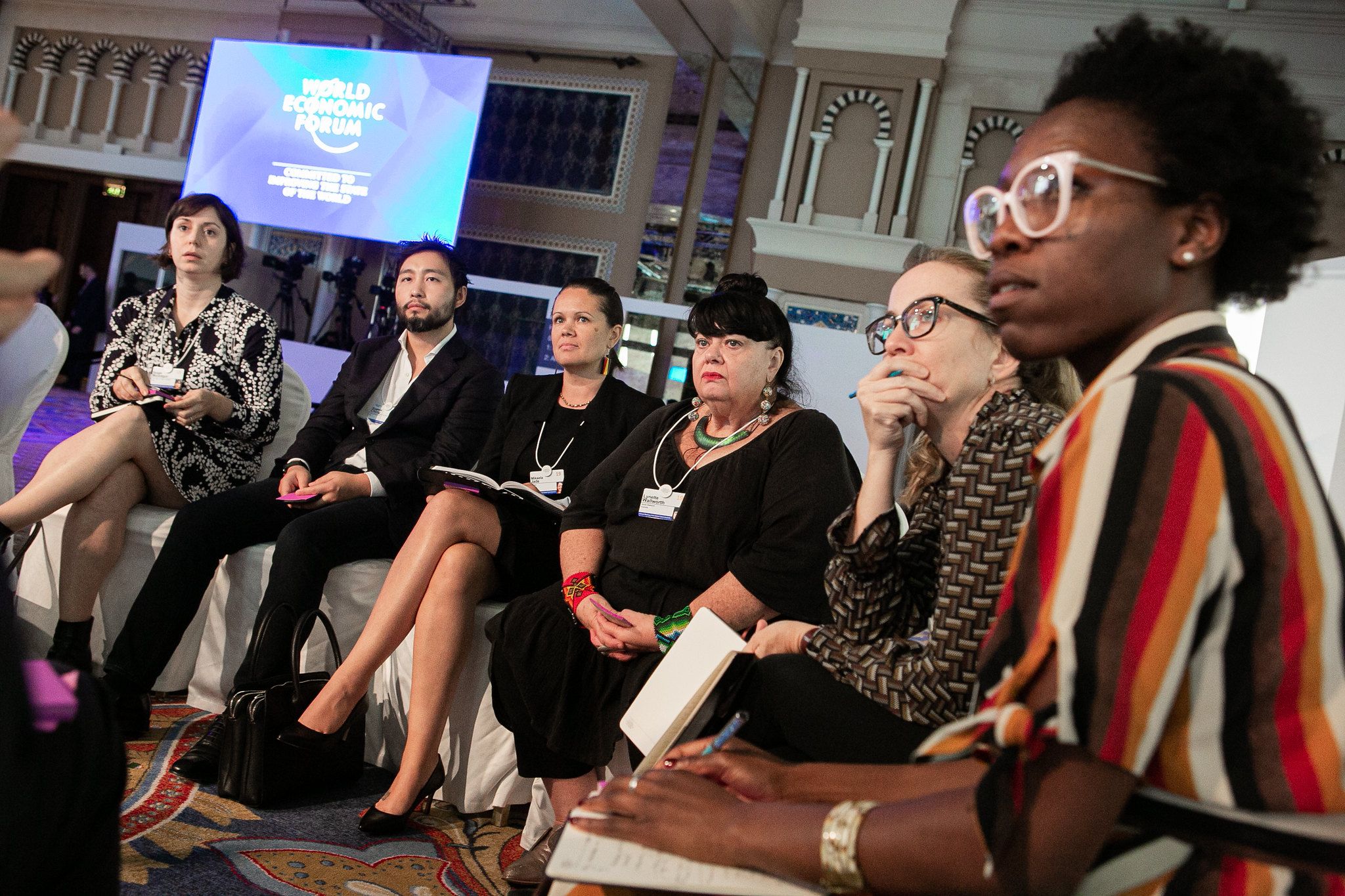The challenge of regulating technology without stifling innovation

This week, some 700 delegates descended on Dubai as part of the World Economic Forum (WEF) Global Futures Council to discuss and generate ideas to solve global challenges. Separated into 38 councils, topics up for discussion included cybersecurity, artificial intelligence (AI), quantum computing and education.
One theme that permeated throughout these discussions was technology and how to regulate it without stifling innovation. A major issue facing all delegates is navigating technological trends with little to no relevant precedent in place.
For the first time, new technologies like internet of things (IOT), artificial intelligence and machine learning are all combining together with little certainty as to how it will impact not just the user, but society as a whole and the wider economy. Relying on laws and regulations that were developed for analogue or outdated technologies is insufficient.
“I’m in favour of red lines with respect to specific issues, should we allow completely autonomous weapons systems? It would be wonderful to have a global ban,” said Urs Gasser, executive director of the Berkman Klein Centre for Internet and Society. “I’m not sure for all the other questions, that are not red line questions, that the current mechanism in international global law-making are the best instruments in the toolbox to deal with these contextual and technical problems over time.”
The real challenge is identifying the models of governance that incorporate different stakeholders, the best of the technology community, academics and governments together.
“Where are the fora where such conversations can happen? A global all-encompassing solution is not possible right now,” said Gasser.
Some governments in the Middle East have launched regulations labs (RegLab) to work with different stakeholders and startups to develop regulations for new sectors and technologies.
“Government is there to put law and order and create legislation. Timing is of the essence. Venture capital investment and entrepreneurs come with speed. Government also comes with speed, but with protectionism in mind. You might stiffen technology and innovation if you regulate too early, but if you regulate too late, it might cause harm to civil society,” said Abdulla Bin Touq, secretary general of the UAE Cabinet who made his comments at the Emtech Conference which took place in Dubai.
The development of technology has spread worldwide, with founders in countries that have different values and political beliefs and agendas, aligning all parties to embrace one set of regulations or best practices is difficult.
“Innovation is coming from anywhere, which is both good and bad,” said Sandra Lopez, vice-president at Intel, leading efforts for the digitisation and personalisation of sports. “Now it’s become more accessible and given the fact that technology can be created anywhere, it could exasperate the issues or solve more problems.”
For WEF, enabling discussions to develop standards and ethics that can be applied globally is crucial, but according to Gasser, technology has become “deeply political” which can hinder trust and agreements.
“I don’t think there is much opportunity right now, in the current political environment, to either influence the approach about how the US is thinking about technology to influence China. Europe is on its own track, there are other countries and continents that are undecided yet. There are large parts of South America that are making up their minds on which technology to embrace,” said Gasser.
For Danil Kerimi, deputy head of the Centre for the 4th Industrial Revolution in China, it is politics that has become technological and excluding countries from discussions could stifle innovation.
“We incorporate stakeholders from across the world,” said Kerimi. “WEF is the world economic forum for a reason, excluding anyone won’t benefit anyone. There are different kinds of worlds, the same word has different understanding and reactions, and having those conversations will ultimately lead to better results.”
Embracing Circular Economy
Alongside the council discussions, the UAE government announced plans to invest $1 million in a WEF initiative to encourage entrepreneurs, government, business and civil society to collaborate to find ideas to cut economic wastage and develop a circular economy.
SCALE 360, part of WEF’s Platform for Accelerating the Circular Economy, aims to create new markets for circular goods, services and revenue by surfacing, supporting and connecting entrepreneurs and innovations through nationally-led challenges and partnerships.
“SCALE 360 will fast track our global efforts to achieve the UN’s Sustainable Development Goals. In addition to ensuring the conservation of our natural resources, a circular economy will step up our reliance on clean energy, enhance the consistent implementation of sustainable development standards and generate greater opportunities for the youth in the region,” said Thani Ahmed Al Zeyoudi, minister of climate change and environment of the UAE.
The UAE will host the first of these national partnerships.
“This partnership aims to trigger a worldwide movement for radical change by identifying new technologies and business solutions that break our dependency on natural resource extraction while marrying targets for protecting the environment with ones for boosting economies,” said Dominic Waughray, head of the Centre for Global Public Goods at WEF.


